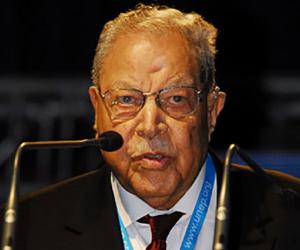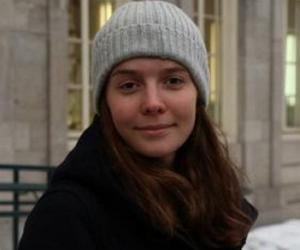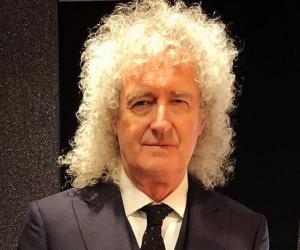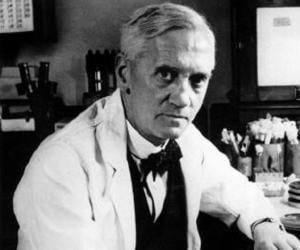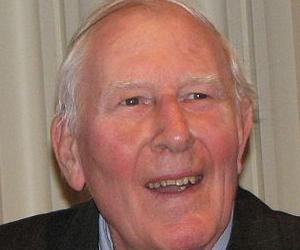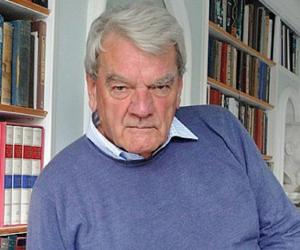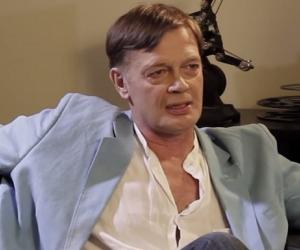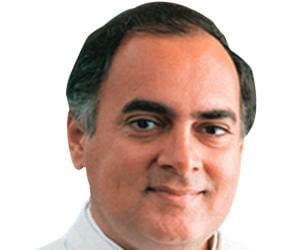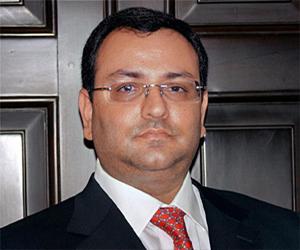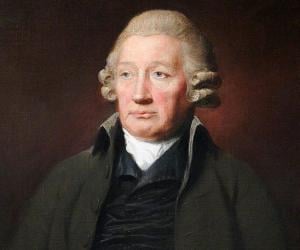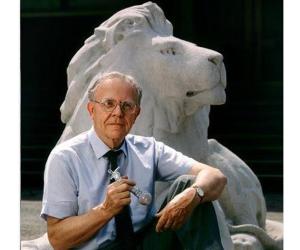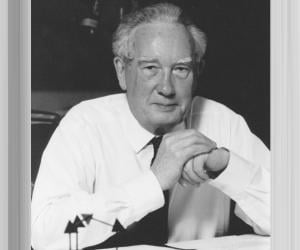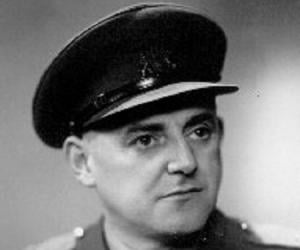Queen guitarist and singer-songwriter Brian May is also a PhD in astrophysics. One of Rolling Stone's 100 Greatest Guitarists of All Time and Guitar World’s second-greatest guitarist, he received a CBE. He was a Chancellor of Liverpool at John Moores University, has worked with NASA, and fights for animal rights.
Alexander Fleming was a Scottish microbiologist and physician. He is credited with discovering penicillin, the world's first effective antibiotic substance; a discovery that changed the course of history. He also discovered lysozyme, an antimicrobial enzyme which forms part of the innate immune system. In 1999, Fleming was named in Time magazine's 100 Most Important People of the 20th century list.
British middle-distance athlete and neurologist Sir Roger Gilbert Bannister was the first athlete to run a mile in less than four minutes. Before achieving such feat, Bannister set a British record in the 1500 metres during the 1952 Summer Olympics. In the medical field, Bannister became a neurologist and Master of Pembroke College, Oxford.
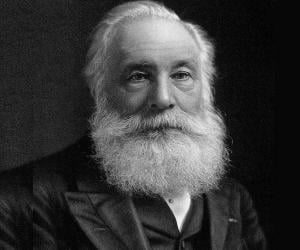
William Henry Perkin is best remembered for his chance discovery of the dye mauveine, made of aniline purple. He had apparently discovered the dye while attempting to synthesize quinine. The Royal Medal-winning British chemist also studied salicyl alcohol and flavoring agents and synthesized the first artificial perfume.
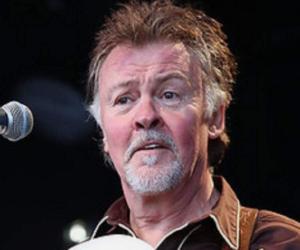
David Irving is an English Holocaust denier and author whose works pertaining to the political and military history of World War II have depicted Adolf Hitler in a favorable light. Due to his stance on Hitler, Irving's reputation as a historian has been discredited. He has also been accused of deliberately manipulating historical evidence.
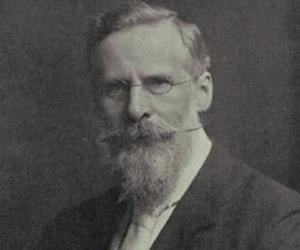
William Crookes was a British chemist and physicist remembered as a pioneer of vacuum tubes. He was the inventor of what became known as the Crookes tube. He is also credited with the discovery of the element thallium. He was the first person to describe the spectrum of terrestrial helium. He was interested in spiritualism and occultism as well.



Distinguished Canadian politician, Marc Garneau, began his career as a naval officer and while in service became the first Canadian to travel to the outer space, eventually becoming the President of Canadian Space Agency. Elected to the Parliament as a member of the Liberal Party, he was named Minister of Transport in 2015 and Minister of Foreign Affairs in 2021.
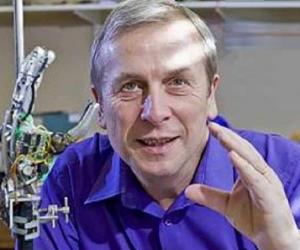
A professor at the Coventry and Reading universities, engineer Kevin Warwicke specializes in artificial intelligence, robotics, and biomedical engineering. One of his most interesting research interests is the possibility of creating cyborgs, which has earned him the nickname Captain Cyborg. He has been awarded honorary doctorates from several universities.
Former physician Andrew Wakefield had his name removed from the medical register due to his association with a fraudulent 1998 study that claimed there was a link between autism and the vaccine for measles, mumps, and rubella. An anti-vaccination activist, he also taught at the Royal Free and University College.
Rajiv Gandhi was the sixth and the youngest Prime Minister of India. He played a major role in suhering the computer era in India. During the initial phase of his term, he was very popular but later on his regime was marred by corruption scandals and he lost the next election. He was assassinated by Tamil militants, while he was the leader of the opposition.
Indian-born businessman Cyrus Pallonji Mistry, son of billionaire Pallonji Mistry of the Shapoorji Pallonji group and an influential member of Mumbai’s Parsi community, chaired the Tata Group briefly. He was, however, voted out of his chairmanship over disagreements with the Tata family. Mistry is an Irish citizen through his Irish-born mother.
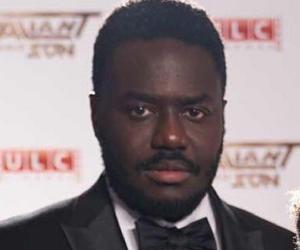
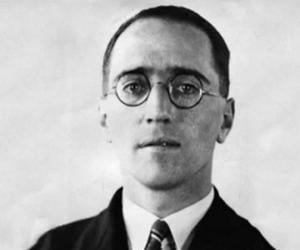
Best known as the inventor of stereo sound, electronic engineer Alan Blumlein had 128 patents in his kitty. He died at age 38, when the Halifax bomber carrying him and his colleagues crashed during World War II. He was apparently part of a secret radar experiment back then.

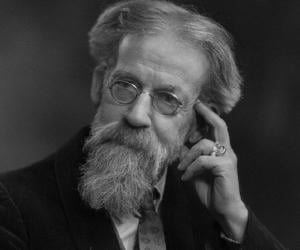
Apart from being a sociologist and biologist, Patrick Geddes was known for his impeccable sense of town planning. While he initially taught botany in Dundee, he later turned to sociology and conducted studies in India, Mexico, and other countries. He was eventually knighted for his achievements.
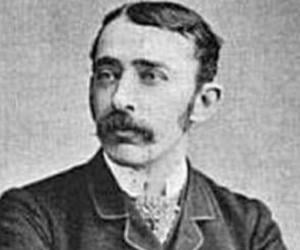
John Ambrose Fleming was an English electrical engineer and physicist. He is known for inventing the first thermionic valve or vacuum tube and designing the radio transmitter with which the first transatlantic radio transmission was made. Along with Douglas Dewar and Bernard Acworth, he helped establish the Evolution Protest Movement. Fleming was also a noted photographer and artist.
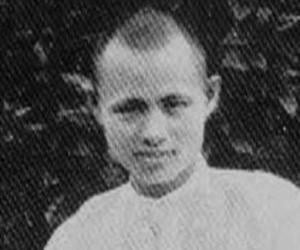
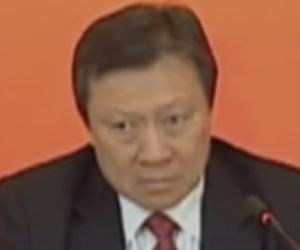
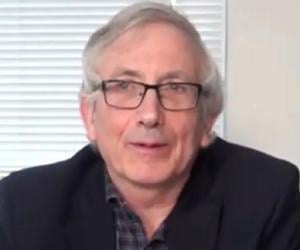
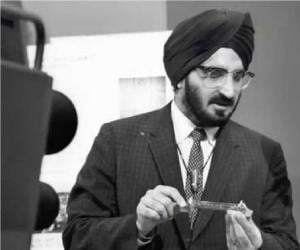
The pioneer of fiber optics, Indian-American physicist Narinder Singh Kapany had over 100 patents in his name. He was the first to send images through fiber optics and also worked on areas such as laser technology and solar energy. He and his wife also established the California-based Sikh Foundation.
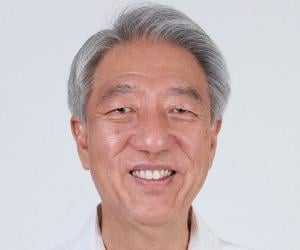
Teo Chee Hean is a Singaporean politician and the current Senior Minister of Singapore. He is also the current Coordinating Minister for National Security. An influrntial politician, Teo also served as the Deputy Prime Minister of Singapore from 1 April 2009 to 30 April 2019. Teo Chee Hean has also held other ministerial positions including the minister for Home Affairs.
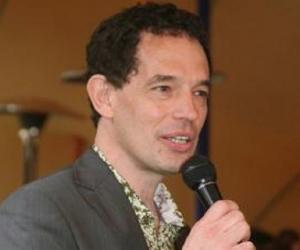
South African physicist Neil Turok is associated with the faculty of the University of Edinburgh and is known for his study on the Ekpyrotic universe and cosmology. He has been the director of the Perimeter Institute for Theoretical Physics in Canada and is the founder of the African Institute for Mathematical Sciences.
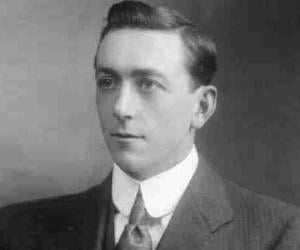
Arthur Holmes was an English geologist who pioneered the usage of radiometric dating of minerals. He was the first earth scientist to fully understand the thermal and mechanical implications of mantle convection. Arthur Holmes is also remembered for his advocacy of the theory of continental drift. Holmes was the recipient of several prestigious awards, including the Penrose Medal.
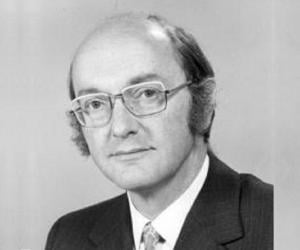
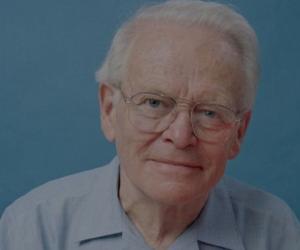
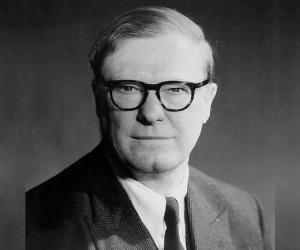
Nuclear physicist William Penney, Baron Penney is remembered as the man behind Britain’s research on the atomic bomb. While leading the Manhattan Project, he devised ways to quantify the damage that atom bombs can cause. He was knighted for his achievements, and became a life peer, too.
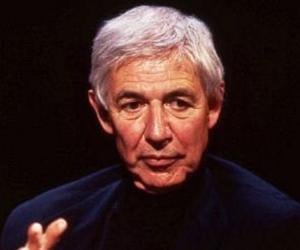
Pioneering South African-born British developmental biologist Lewis Wolpert is known for introducing the French flag model of embryonic development. He was associated with King’s College London and University College London. A victim of depression and suicidal thoughts in his later years, he wrote about his condition in the book Malignant Sadness.
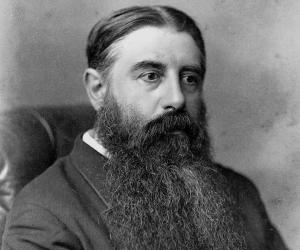
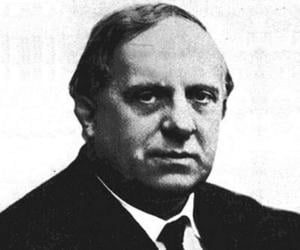
Derek Barton was a British organic chemist best remembered for winning the 1969 Nobel Prize in Chemistry. He won the prize alongside Odd Hassel for their contributions to the development of a concept called conformation and its applications in chemistry. Derek Barton also won several other prestigious awards, including the Corday-Morgan Prize, Davy Medal, Ernest Guenther Award, and Copley Medal.
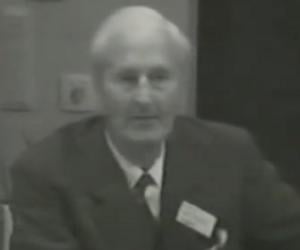
Biologist C. D. Darlington is remembered for his pathbreaking research on chromosomes, which later contributed to further research on evolution. He had a poverty-stricken childhood but later became an Oxford professor of botany. He penned books such as The Evolution of Man and Society, which claimed intelligence was hereditary.

George Reginald Starr was a British Special Operations Executive agent and mining engineer. He is credited with carrying out many sabotage operations in the days leading up to the famous Normandy invasion in June 1944. George Reginald Starr rescued nearly 50 prominent resistance leaders and played an important role in the emancipation of southwestern France from German occupation.
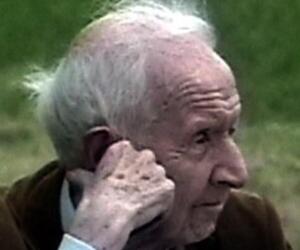
English barrister and biochemist Lancelot Ware OBE conducted medical research at the NIMR; and served at St Thomas' Hospital, at Porton Down during Second World War; and at Boots Company. He also practiced law and was elected an Alderman of London County Council. He co-founded Mensa, which with-time emerged as the world’s largest and oldest society for intellectually gifted people.
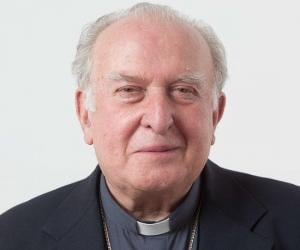
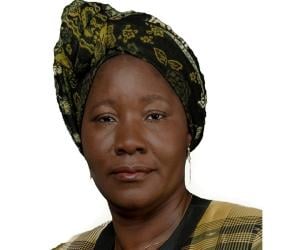
Edith Nawakwi is a Zambian politician and economist. In 1998, she became the first woman to serve as the Minister of Finance in Zambia. In 2005, Edith Nawakwi also became the first Zambian woman to serve as party president when she was elected as the president of the Forum for Democracy and Development.
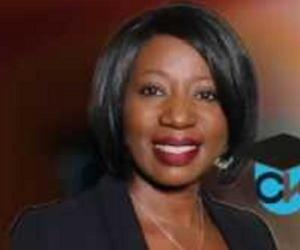


Greek-Cypriot singer/actor Marlen Angelidou is known for being part of Hi-5, Greece’s first all-female pop band formed through a contest. Though she initially studied management and biochemistry, she later graduated in musical theater. Known for hits such as Xero Ti Zitao, she has also lent her voice to animated characters.

Viktor Jensen is an Icelandic racing driver best known for competing in the British Formula Three Championship and Formula Palmer Audi Championship. In 2007, he was seen racing with the Alan Docking Racing team in the British Formula Three Championship. The next year, Viktor Jensen raced for the Nexa team in the same series.
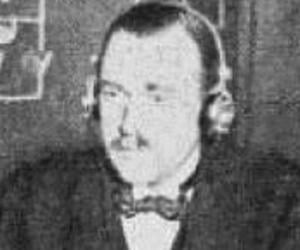
Known for his pioneering contribution to radio technology, British physicist William Eccles had begun his career as an assistant to renowned scientist Guglielmo Marconi. He supported Oliver Heaviside's theory of there being an upper layer of the atmosphere that reflects radio waves. His works include Handbook of Wireless Telegraphy.


British-American plant physiologist Kenneth V. Thimann is best remembered for isolating and identifying the plant hormone auxin. Associated with Harvard University for most of his initial career, he later joined the University of California. His best-known works include Phytohormones on plant hormones and The Life of Bacteria on microbiology.
